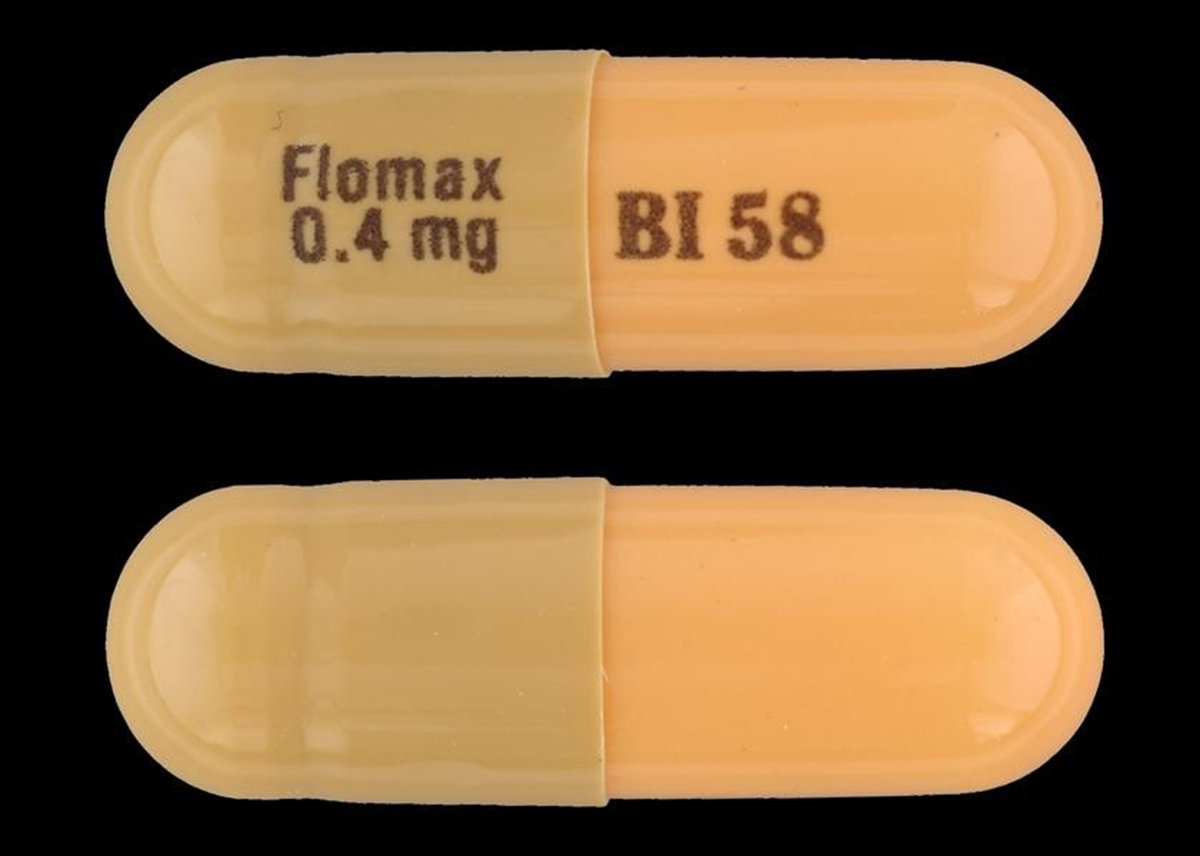Table of Contents
We've now covered the most common types of hypertension drugs. Your doctor will generally prescribe a drug from one or more of the above categories, but there are other types. These may be used in specific conditions, including if more common types of medication do not work for you.

Here is a brief overview of less common hypertension drugs:
- Renin inhibitors slow the production of a kidney enzyme that triggers a range of actions that lead to high blood pressure. They cannot be taken with some other types of hypertension medication.
- Angiotensin II receptor blockers stop the action of an enzyme that narrows the blood vessels.
- Alpha blockers reduce nerve impulses to the blood vessels, in turn preventing the narrowing of the blood vessels and improving blood flow.
- Alpha-beta blockers reduce nerve impulses and slow the heart beat.
- Central-acting agents act on the brain — preventing signals that increase your heart beat and narrow your blood vessels.
- Vasodilators work on the muscular wall of the arteries, preventing tightening and increasing blood flow.
A Surgical Method
Some types of high blood pressure are hard to treat, and do not respond to medication. That sounds like bad news, but University of Bristol and the Bristol Heart Institute have found an alternative, surgical solution.
They found that renal denervation, a minor surgical procedure that prevents the kidneys from sending signals to the brain, has shows excellent results.
The procedure is carried out through through low-intensity radio frequency lesioning, and the team successfully treated high blood pressure that did not react to medication with this new method. The method is already available to the general public in some countries, and hypertension patients who do not seem to control their condition with drugs may ask their doctor about renal denervation.
When To Switch
Hypertension medication should always be used alongside the lifestyle changes that your doctor recommends. Many patients take two or three different drugs from different classes to keep their high blood pressure under control. If one hypertension drug is not lowering your blood pressure significantly or at all, doctors will usually add another medication to the existing regime rather than simply switching from one drug to another. Your dosage may also be increased.
In many cases, some experimentation is needed before a patient ends up with a medication regime that successfully keeps their blood pressure under control.
Persistent invasive side effects — which do not improve or subside with time — are a reason to ask your doctor to switch to another drug. You may be encouraged to see if side effects will improve if you are dealing with less serious symptoms, like headaches or fatigue. More serious side effects like breathing difficulties or an abnormal heart rhythm warrant more immediate action.
See Also: Do Natural Hypertension Treatments Work?
Always discuss the circumstances under which you should seek immediate medical care with your doctor, the moment you are prescribed hypertension drugs.
- Photo courtesy of Bernard Goldbach by Flickr : www.flickr.com/photos/topgold/1396378277/
- Photo courtesy of Beatrice Murch by Flickr : www.flickr.com/photos/blmurch/2455163495/
- Photo courtesy of NLM by Wikimedia Commons : en.wikipedia.org/wiki/File:000636lg_Flomax_0.4_mg.jpg


Your thoughts on this